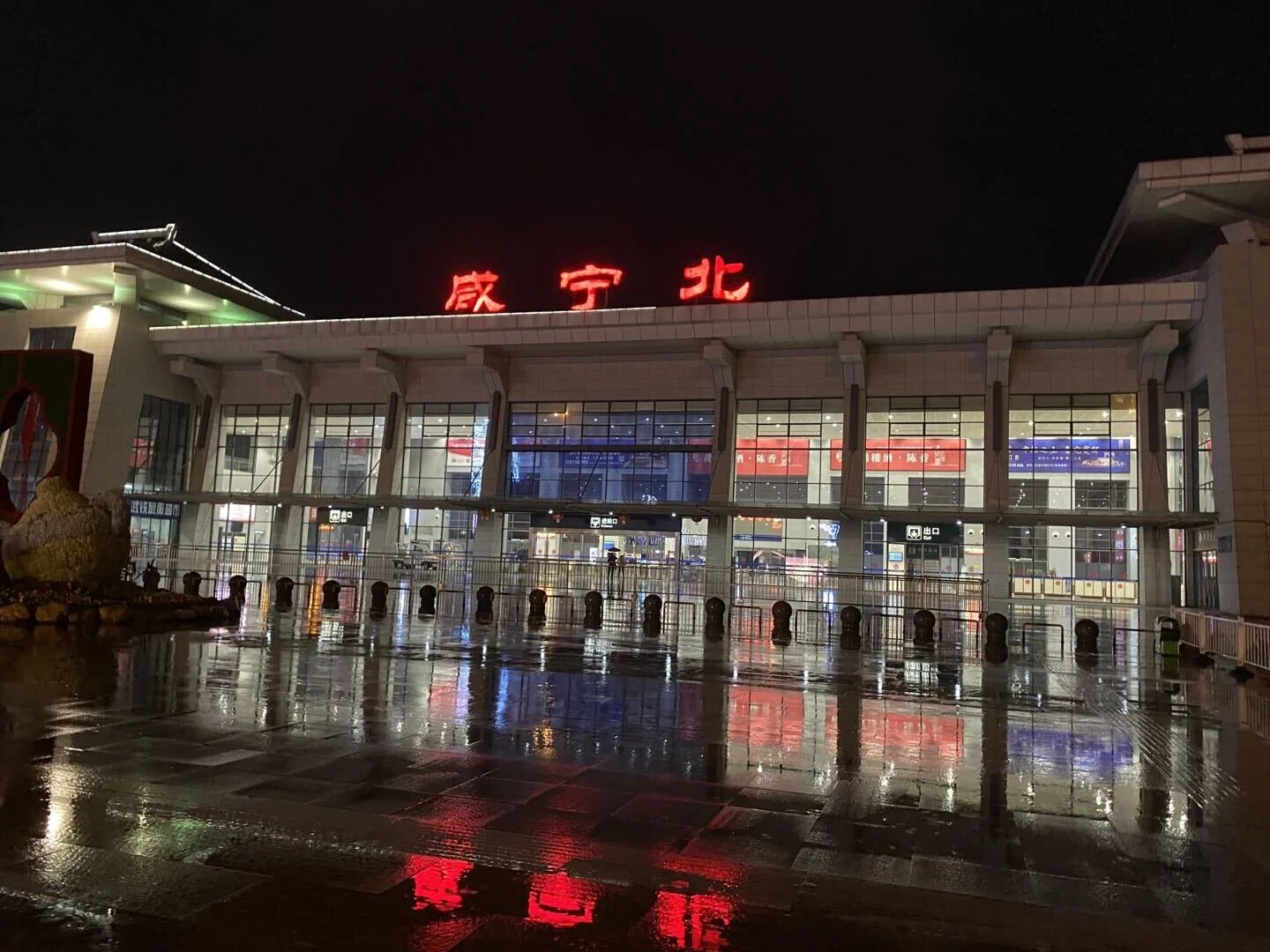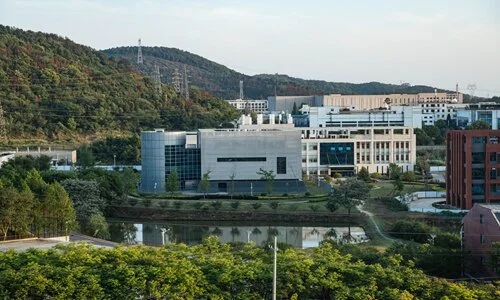Sitting in the lock of Hubei
Jan 24, 2020
GOING INTO the epicentre of a new epidemic wasn’t how I expected to be passing Chinese New Year. Instead of food and fireworks, I spent an exhausting, slightly harrowing day trying to dodge roadblocks and evade the widening lockdowns of Hubei province.
My instinct is still to play this coronavirus down and tell people not to panic, but it is already clear that the Chinese authorities are taking this far more seriously than SARS.
The train was half-empty as it hurtled through Hubei’s wet and mossy countryside. At the station just before Wuhan - Macheng North - I grabbed one man before he got off and asked the obvious question: aren’t you scared? “No,” he said, turning the coronavirus into some sort of patriotic test. “I don’t think this is as bad as people are saying. This is China!”
In the empty station at Wuhan, I grabbed as many of the alighting passengers as I could before they disappeared into the city. Everyone was phlegmatic, and expressed confidence in the ability of the government to fix everything.
We head to the neighbouring city of Xianning, and then drive to a checkpoint on Wuhan’s southern edge. The dual carriageway is divided by a long and unbroken barrier made up of alternating yellow and red blocks, and it becomes impossible to turn back.
At the checkpoint, a girl fires a thermometer gun at my head, looks quizzically at the readings and then fires again. She asks me to stick an old-fashioned glass thermometer in my armpit for five minutes, which eventually produces a reading that satisfies her.
In the meantime, we chat with a garrulous auxillary police officer manning the barricades. I take pictures of the checkpoint, and watch as staff in their plastic protective coverings check the boots of cars for any signs of contraband, particularly wild animals.
Right now, the borders are not absolutely impenetrable. They are selectively permeable membranes and people are allowed to flow through them. You can enter Wuhan if you wish, but getting out is another matter.
We turn around. and check into the Huaxin Hot Springs Hotel, but are soon informed that the lockdown is being widened and Xianning is about to be shut down too, in 10 minutes to be precise.
Would it make a difference if we tried to flee now? Xianning train station was brightly lit but completely empty. The departure boards in the ticket office had been switched off. Two sullen ticket officers sat there, refusing to make eye contact.
Only half-protected from the drizzle by the awning of a shed in the train station parking lot, we negotiate our fate with the Xianning Public Security Bureau and its chief, who identifies himself as Yu. They try to reassure us, and use whatever emotional or rhetorical tactic they have to persuade us to get out of their jurisdiction.
It is very late and the roads are dark and wet, and ideally, we would let our good-humoured driver rest for the night. We tell them we can leave first thing in the morning but they say the hotels have all been shut down. They make it very clear that we have no choice but to head to Yueyang about 100 miles south.
We are escorted out of the city limits by a thick-set police SUV. “Come back when there isn’t an epidemic,” Yu said cheerfully. He was relieved to be getting rid of us.
There are sprays of New Year fireworks on the horizon as we reach Yueyang, but we then run into another roadblock, and are ordered to make a detour fashioned from concrete barriers. Along with dozens of other vehicles trying to flee the virus, we are forced to head straight back towards Xianning.
It is now way past midnight and we edge slowly and cautiously out of Hubei province and towards Changsha, the concrete jungle capital of Mao’s home province of Hunan. At a service station packed with parked cars, families huddle over tables, making do with instant noodles for their new year dinner.
We worried we had entered a sort of Chinese superhighway limbo, and would be refused entry by every city along the way, but Changsha had not yet been sealed off. We finally found a hotel at around 4 o’clock in the early hours of Saturday morning.
Hazmat suits, roadblocks and an ever widening lockdown now covering more than a dozen cities: this looks serious. The local governments are dealing with this in whatever way they can, showing little by way of coordination and choosing instead to curtail the flow of people and ensure that problems on their own turf are kept to a minimum.






